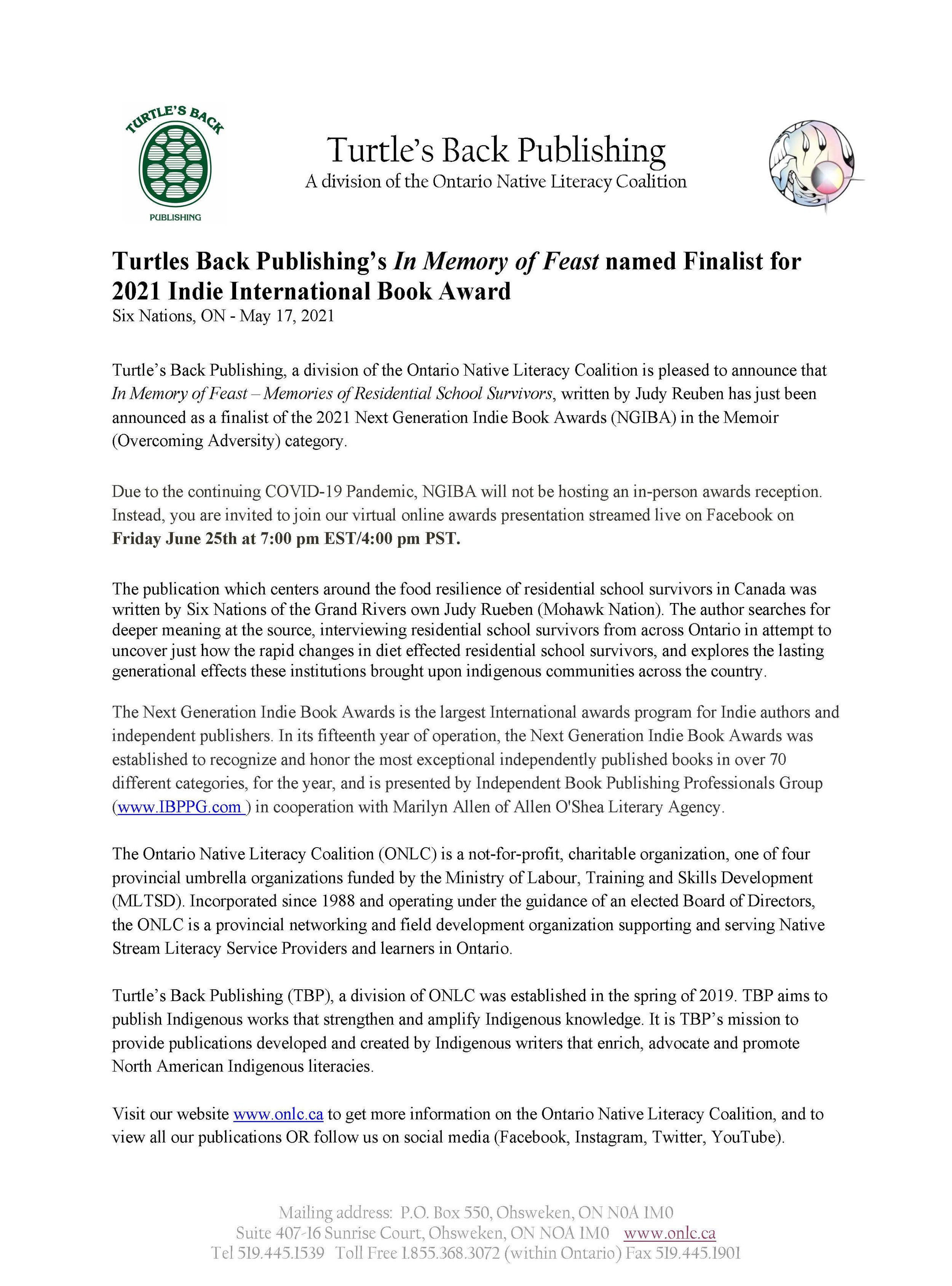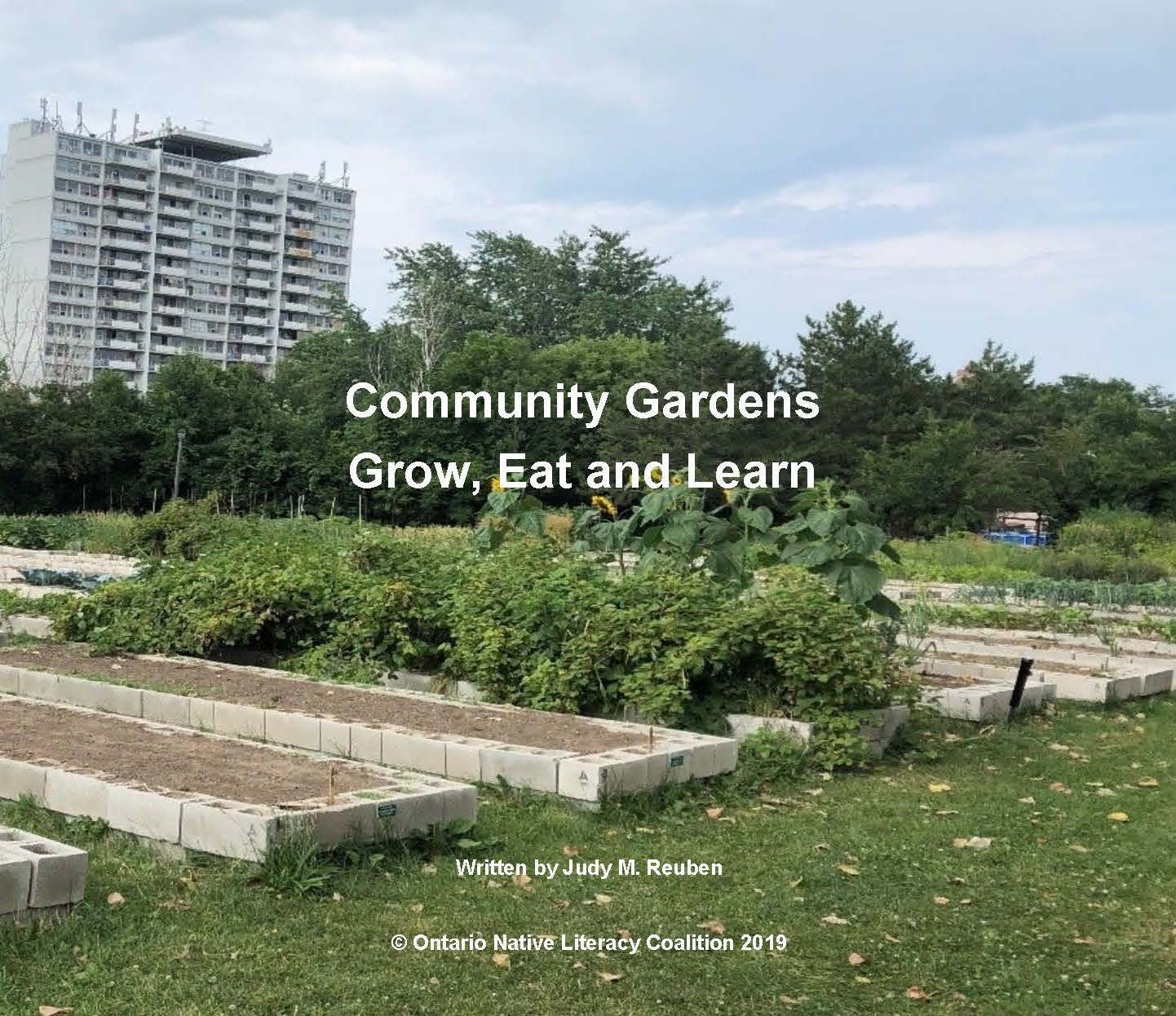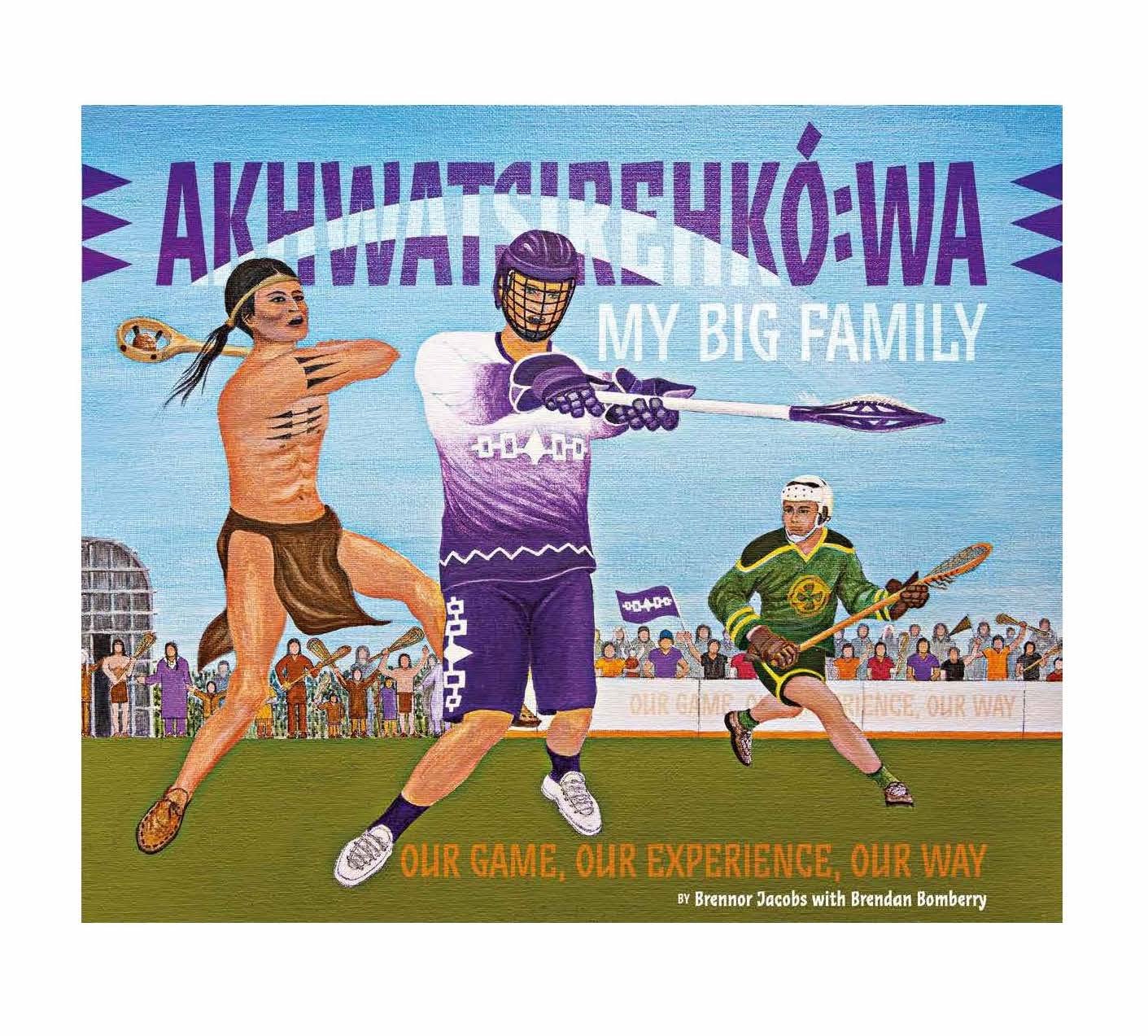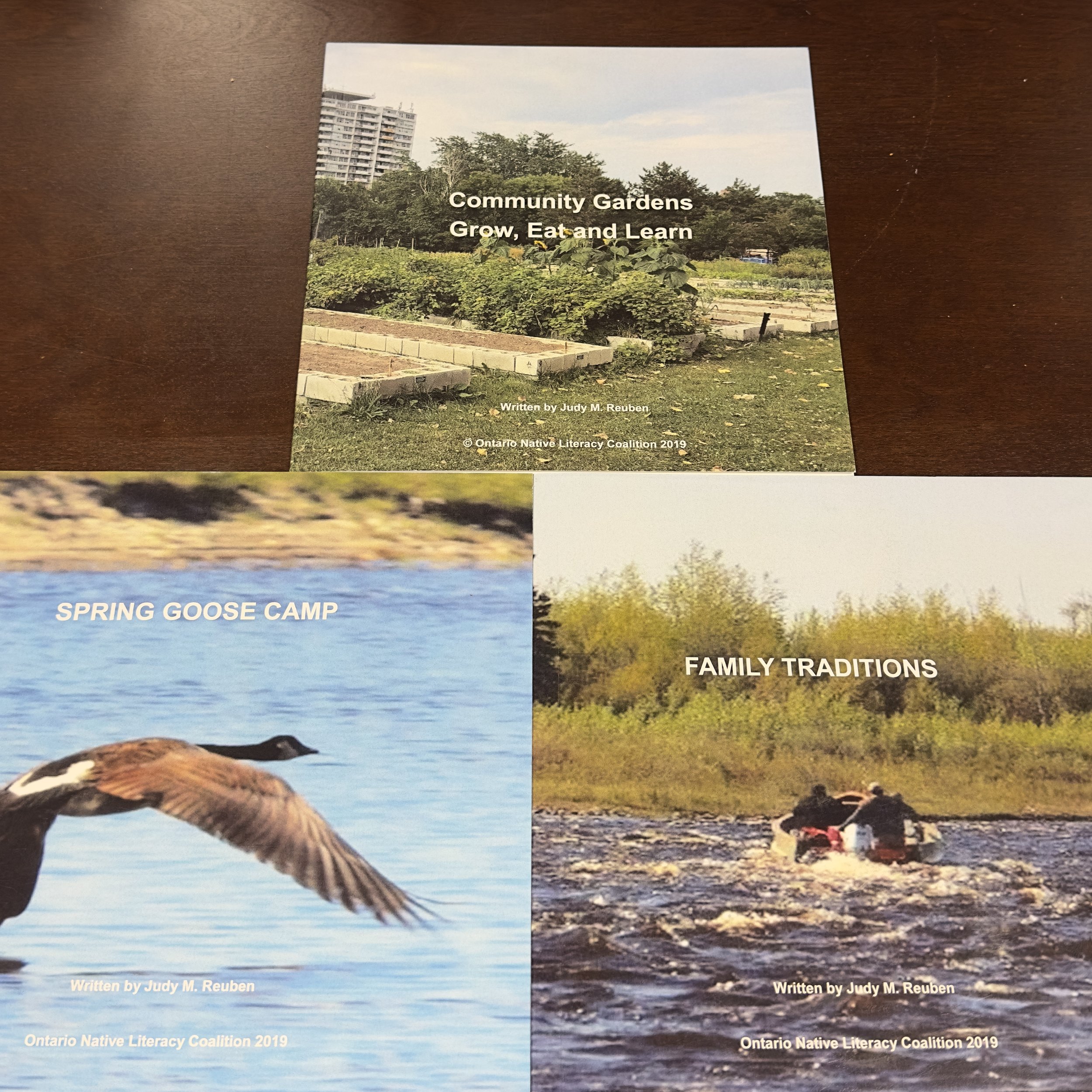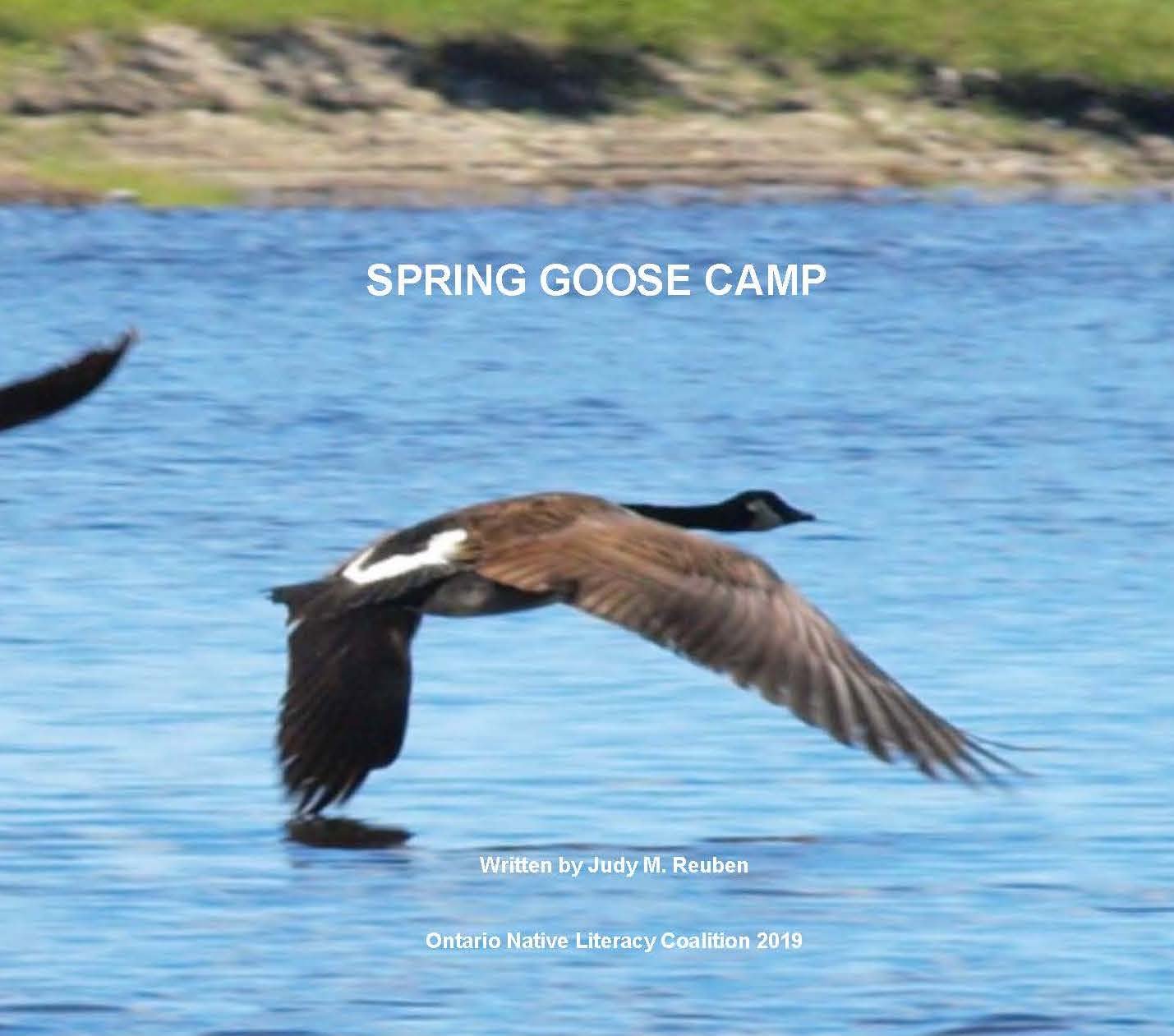In Memory of Feast - Memories of Residential School Survivors
While there is diversity amongst the Residential School Survivors, there are also many commonalities, common threads began to emerge. Families lived off the land, and depending on their location, traditional land use such as hunting, fishing, trapping and gathering formed vital links to food security and food sustainability. These were happier times and times of peace. Young children were taught how to survive on the land and how to share with others. Small, close-knit Indigenous communities, and extended families, played a vital role related to sourcing, preparing, cooking and storing enough food to make it through a harsh winter. In these stories Survivors share what has been learned about Indigenous-based resiliency from the strength shown by their parents and Grandparents.
This book was awarded Finalist of the 2021 Next Generation Indie Book Awards (NGIBA) in the category of Overcoming Tragedy/Adversity.
While there is diversity amongst the Residential School Survivors, there are also many commonalities, common threads began to emerge. Families lived off the land, and depending on their location, traditional land use such as hunting, fishing, trapping and gathering formed vital links to food security and food sustainability. These were happier times and times of peace. Young children were taught how to survive on the land and how to share with others. Small, close-knit Indigenous communities, and extended families, played a vital role related to sourcing, preparing, cooking and storing enough food to make it through a harsh winter. In these stories Survivors share what has been learned about Indigenous-based resiliency from the strength shown by their parents and Grandparents.
This book was awarded Finalist of the 2021 Next Generation Indie Book Awards (NGIBA) in the category of Overcoming Tragedy/Adversity.
While there is diversity amongst the Residential School Survivors, there are also many commonalities, common threads began to emerge. Families lived off the land, and depending on their location, traditional land use such as hunting, fishing, trapping and gathering formed vital links to food security and food sustainability. These were happier times and times of peace. Young children were taught how to survive on the land and how to share with others. Small, close-knit Indigenous communities, and extended families, played a vital role related to sourcing, preparing, cooking and storing enough food to make it through a harsh winter. In these stories Survivors share what has been learned about Indigenous-based resiliency from the strength shown by their parents and Grandparents.
This book was awarded Finalist of the 2021 Next Generation Indie Book Awards (NGIBA) in the category of Overcoming Tragedy/Adversity.


